Dogs are known for their insatiable appetite and their love for human food. As a responsible pet owner, knowing what human foods are safe for dogs to consume is important. One of dog owners’ most commonly asked questions is whether dogs can eat red peppers.
Red peppers are a rich source of vitamins A and C and are commonly found in a variety of dishes, including salads, stir-fries, and as a snack. However, it is important to consider their unique digestive systems and dietary requirements when it comes to dogs.
Table of Contents
Can Dogs Eat Red Peppers?
Yes, dogs can eat red peppers in moderation. Red peppers are not toxic to dogs and can provide many health benefits. However, it is important to note that dogs have different dietary requirements than humans, and a diet that is high in human food can lead to obesity, digestive problems, and other health issues.
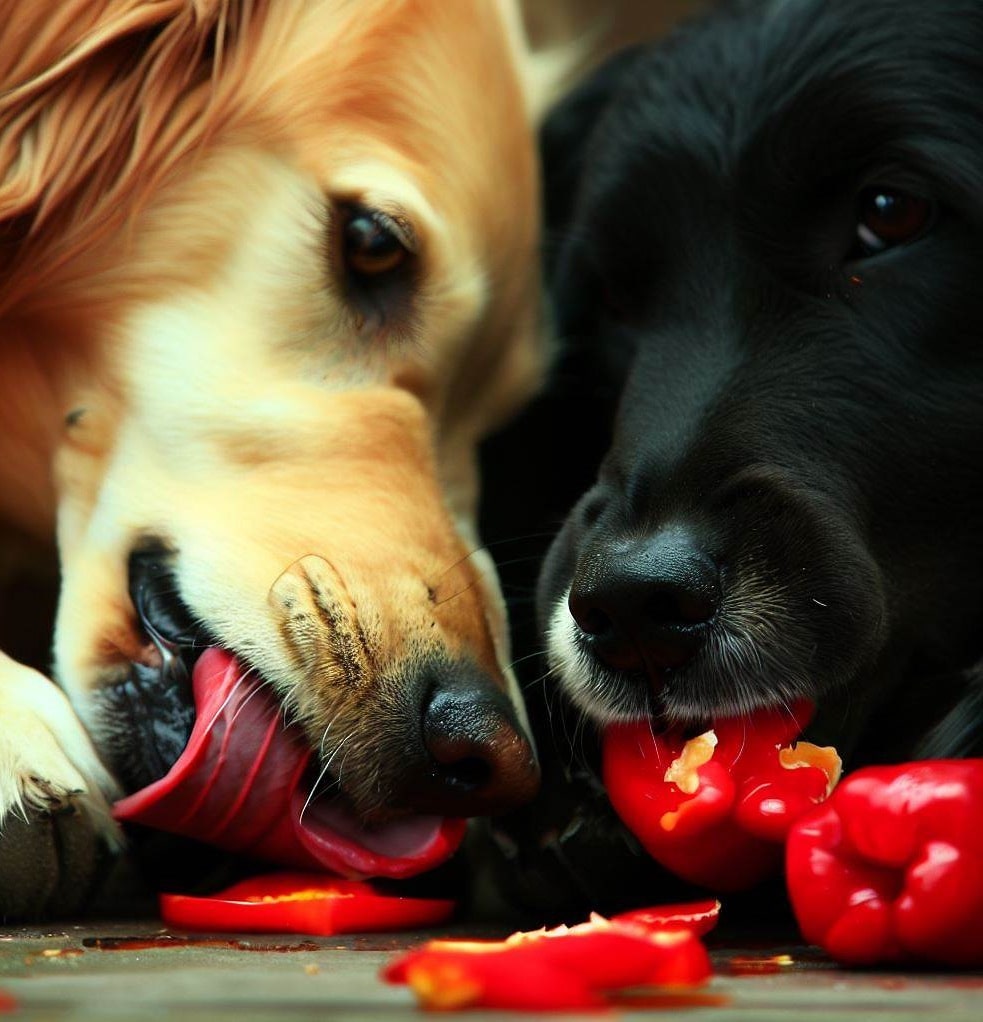
Benefits of Red Peppers for Dogs
Red peppers contain a number of vitamins and minerals that can be beneficial for dogs. Some of the benefits of red peppers for dogs include:
- Vitamin C: Red peppers are an excellent source of vitamin C, which can help boost the immune system and protect against disease.
- Vitamin A: Red peppers are also rich in vitamin A, which can promote healthy skin, coat, and eyesight.
- Fiber: Red peppers contain fiber, which can help improve digestive health and promote regular bowel movements.
- Antioxidants: Red peppers contain antioxidants, which can help protect against cell damage and reduce the risk of certain diseases.
How to Feed Red Peppers to Your Dog?
When feeding red peppers to your dog, it is important to do so in moderation. While red peppers are not toxic to dogs, too much can cause digestive upset and other health issues. Here are some tips for feeding red peppers to your dog:
- Remove the seeds and stem: The seeds and stem of red pepper can be difficult for dogs to digest and can cause digestive upset. Be sure to remove them before feeding red peppers to your dog.
- Cut into small pieces: Red peppers can be difficult for dogs to chew and swallow, especially if they are fed in large pieces. Cut the red pepper into small, bite-sized pieces to make it easier for your dog to eat.
- Cooked vs. Raw: While raw red peppers are safe for dogs to eat, some dogs may have difficulty digesting raw vegetables. Cooking red peppers can make them easier for your dog to digest.
- Don’t overdo it: Remember that red peppers should only be fed to your dog in moderation. Too much human food can lead to obesity and other health problems.
Read More: Can Dogs Eat Tortillas?
FAQs
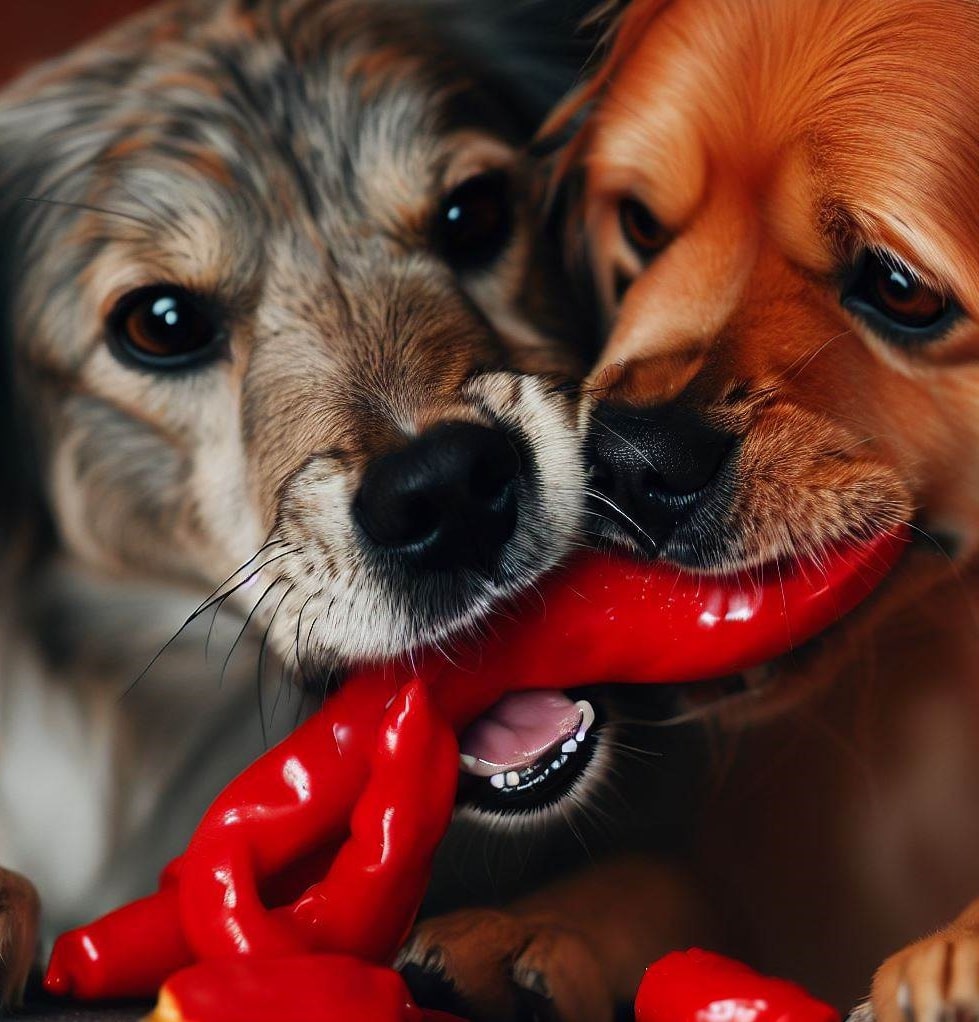
Can all dogs eat red peppers?
Yes, most dogs can eat red peppers. However, some dogs may have allergies or sensitivities to certain foods. Always consult with your veterinarian before introducing new foods to your dog’s diet.
Is it safe to feed my dog raw red peppers?
Yes, it is safe to feed your dog raw red peppers. However, some dogs may have difficulty digesting raw vegetables. Cooking red peppers can make them easier for your dog to digest.
Are there any health benefits to feeding my dog red peppers?
Yes, red peppers contain vitamins and minerals that can be beneficial for dogs. They are a good source of vitamin C, vitamin A, fiber, and antioxidants.
Can feed my dog red peppers cause any health problems?
Feeding your dog red peppers in moderation is not likely to cause any health problems. However, if your dog eats too many red peppers, they may experience digestive upset.
Can I feed my dog red pepper seeds?
No, you should not feed your dog red pepper seeds. The seeds can be difficult for dogs to digest and can cause digestive upset.
Can red peppers be a healthy addition to my dog’s diet?
Yes, red peppers can be a healthy addition to your dog’s diet. However, they should be fed in moderation as part of a balanced diet.
How should I prepare red peppers for my dog?
Remove the seeds and stem before feeding red peppers to your dog. Cut the red pepper into small, bite-sized pieces to make it easier for your dog to eat. Cooking red peppers can also make them easier for your dog to digest.
Can red peppers help with my dog’s digestion?
Yes, red peppers contain fiber, which can help improve digestive health and promote regular bowel movements.
Are there any dangers to feeding my dog too many red peppers?
Feeding your dog too many red peppers can cause digestive upset and other health problems. Always feed red peppers to your dog in moderation.
Can red peppers be used as a treat for my dog?
Yes, red peppers can be used as a treat for your dog. However, they should be fed in moderation as part of a balanced diet.
Can dogs eat red peppers and tomatoes?
Yes, dogs can eat both red peppers and tomatoes in moderation. Both red peppers and tomatoes are safe for dogs to eat and can provide health benefits.
Tomatoes contain vitamins A and C, potassium, and fiber, while red peppers are a good source of vitamin C, vitamin A, fiber, and antioxidants.
However, it is important to remember that dogs have different dietary requirements than humans, and a diet that is high in human food can lead to obesity, digestive problems, and other health issues.
When feeding red peppers and tomatoes to your dog, it is important to do so in moderation and in small amounts. Always remove the seeds and stem from both fruits, as these can be difficult for dogs to digest and can cause digestive upset. You may also want to consider cooking the vegetables to make them easier for your dog to digest.
Conclusion
In conclusion, dogs can eat red peppers in moderation. Red peppers are not toxic to dogs and can provide a number of health benefits. However, it is important to remember that dogs have different dietary requirements than humans, and a diet that is high in human food can lead to obesity, digestive problems, and other health issues. If you have any concerns about your dog’s diet, be sure to consult with your veterinarian.

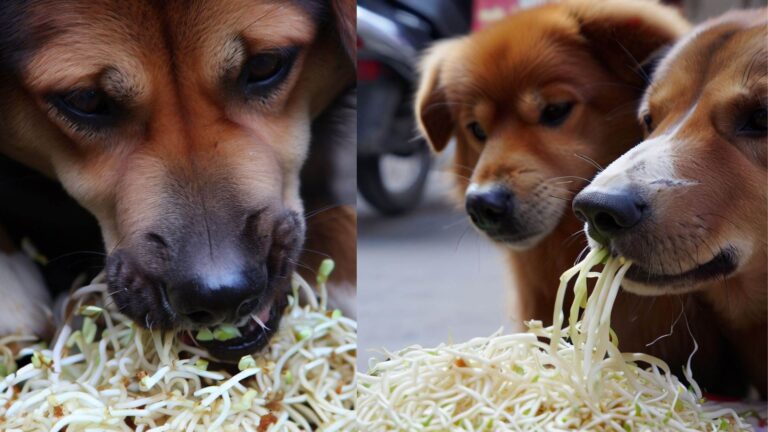
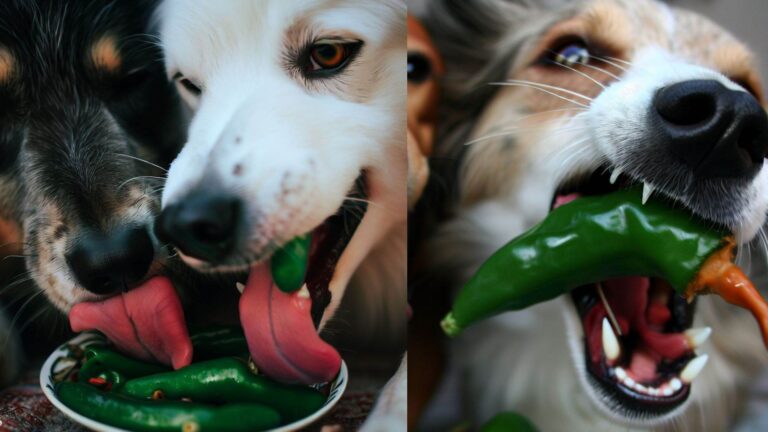
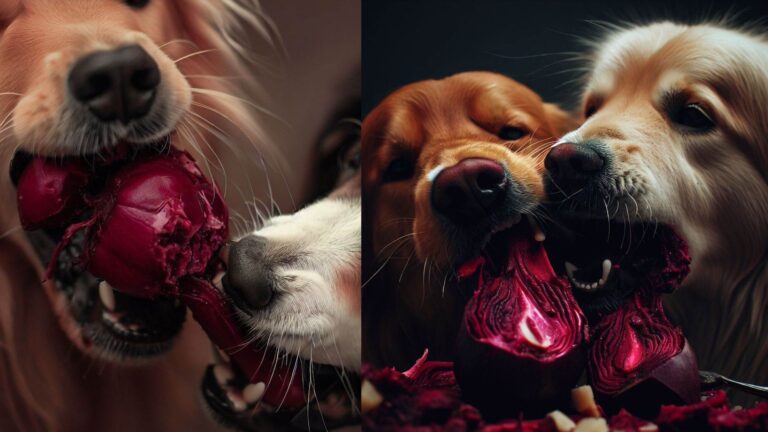
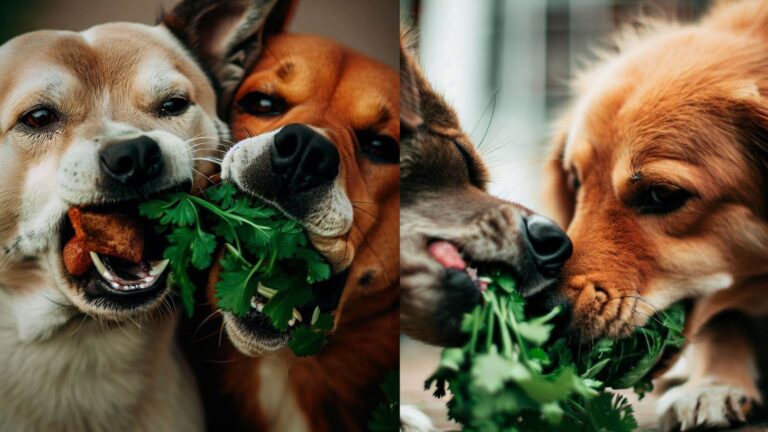
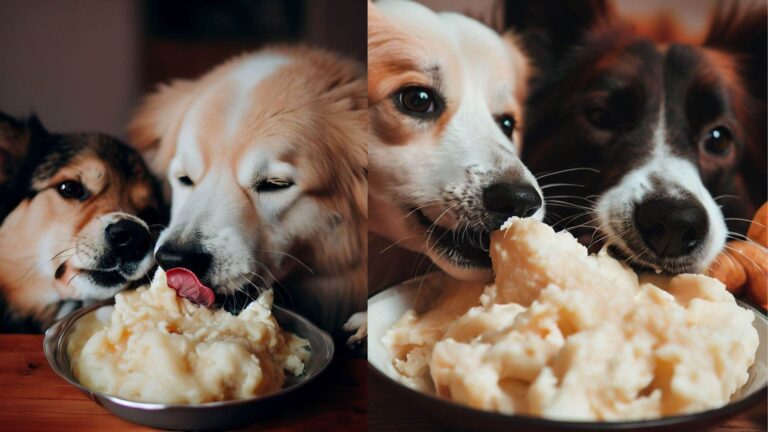

One Comment